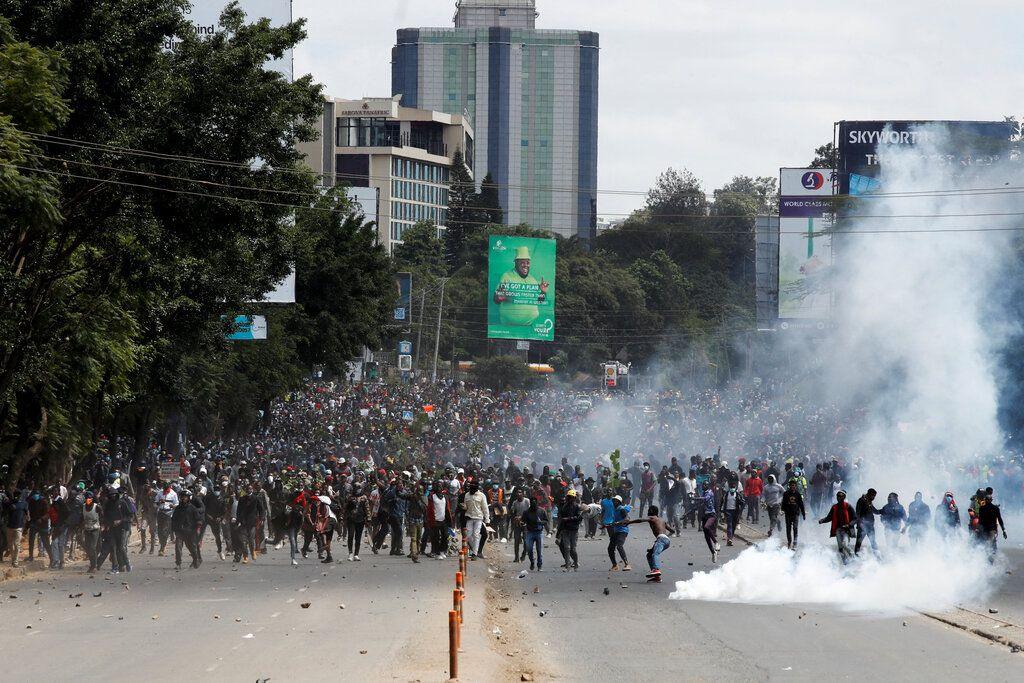Kenya, one of east Africa’s more economically developed and democratically stable countries, has been rocked this week by a political crisis that reveals the deep cracks in both sides of that stability.
Massive protests broke out earlier this week after parliament passed a bill increasing taxes — including on a bevy of everyday essentials like cooking oil, diapers, and bread — on a population already suffering from inflation and high rates of unemployment.
As protests increased in size and intensity, even breaching parliament’s chambers, they were met with violent repression. Nearly two dozen people were killed Tuesday.
After initial recalcitrance, President William Ruto said Wednesday he would not sign the controversial bill. His decision was a victory for the protesters, but the saga leaves the country’s future more uncertain than ever, both economically and politically.
Ruto requested the bill to cover Kenya’s approximately $80 billion in domestic and external debt. Around $35 million of that debt is owned by foreign creditors, primarily China and powerful international groups like the World Bank and the International Monetary Fund (IMF). If Kenya doesn’t pay it, the possibility of borrowing in the future will become more difficult in the short term; over time, it could mean more unemployment, more poverty, and overall worse outcomes for Kenyans.
Kenya’s troubles are a distillation of the problems facing several dozen developing nations, crushed under debt: “More than 3 billion people across the world live in countries that are spending more on servicing their debt than public spending on education or health,” Binaifer Nowrojee, the president of the Open Society Foundations, wrote in Foreign Policy.
Complicating matters are Kenya’s other economic problems. Corruption, cronyism, financial mismanagement, and the vestiges of colonialism have hobbled Kenya’s once-impressive economic development and exacerbated class and ethnic inequalities.



